The first day of the week started differently at the Child Welfare Center – Infantário da Falfosa, where children aged 2 and 3 were encouraged to be aware of the dangers in the aquatic environment and learned how to behave around water.
Despite their age, everyone showed that they already knew some of the main rules and enthusiastically responded to questions from the lifeguard who was at the school on Monday morning, July 25th, World Drowning Day.
Still far from the water, the children were encouraged to distinguish the flags present on the beach and their meaning, to know how to identify a lifeguard, to know how to ask for help and to understand that they can never approach the water without the accompaniment of an adult.
In the opinion of Manuela Custódio, pedagogical director of the nursery and kindergarten teacher, it is «very important» that children have access to these initiatives from a very early age.
«Having a lifeguard and a swimming teacher here, with sports training, will be fundamental because our boys are very sponges. They absorb everything and what they are told they take very seriously and also pass it on to their families», said the educator.
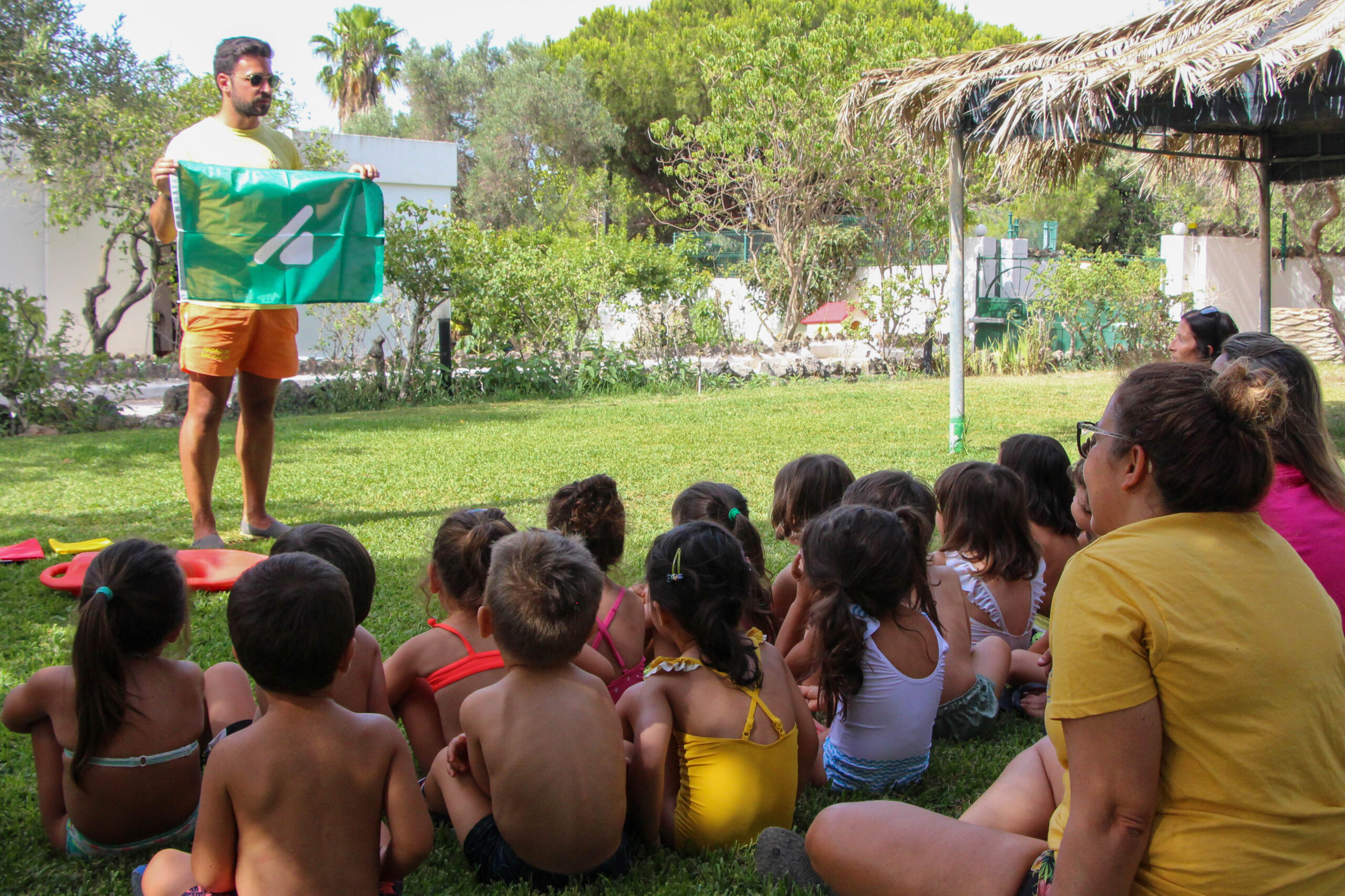
In the opinion of lifeguard Bernardo Franco, the important thing is not “to show that the aquatic environment is a factor of fear”, but “to explain that accidents can happen and that, therefore, it is necessary to be very careful and never be alone near the water," he explained to Sul Informação, referring that this was what he passed on to the children in this activity.
Within minutes, everyone was repeating that “you can only go to the water with adults”, that “help” is what they should scream whenever they are in trouble and that “green flag” is a sign that the water is safe.
Joana Nobre, a psychologist at the Falfosa Nursery, also highlighted the cognitive benefits of these activities.
«These initiatives are very important for their autonomy, as they help them to understand what they can and cannot do, since any carelessness can lead to drowning. On a cognitive level, what happens is that it is easier for these activities and these alerts to be left when the child is still developing, because the absorption is also much greater».
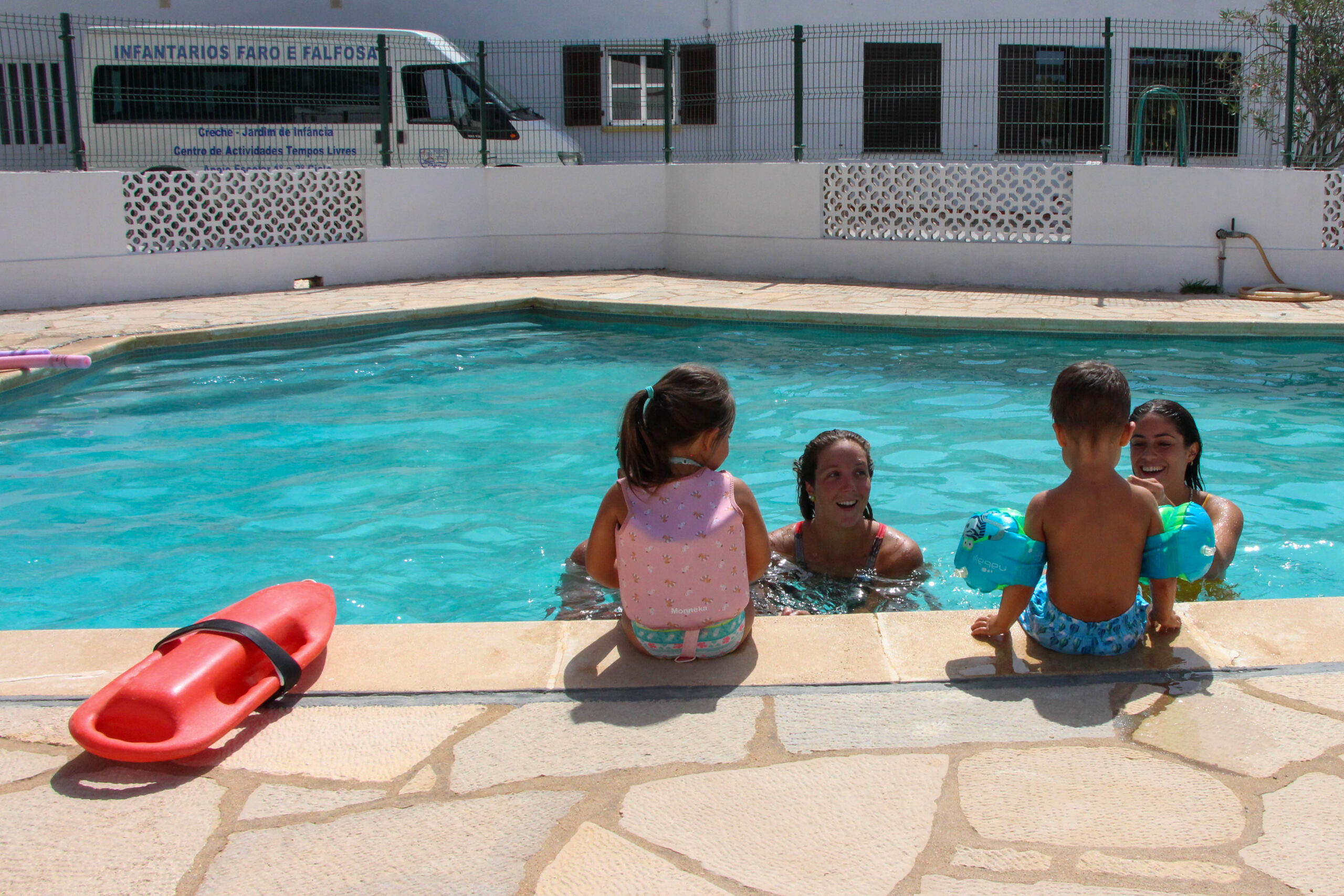
In the opinion of Carolina Lopes, a swimming teacher at the Ginásio Clube Naval de Faro, one of the best ways to prevent drowning is to teach children to swim «0 as early as possible».
«Swimming is one of the most important sports, especially in the Algarve, where there are many swimming pools and the beach right next door. The sooner they start, the better, before 1 year even, because it's much easier: they have a faster ability to adapt," he said.
Carolina Lopes also considers that “parents are alert to this” and “most insist that their children learn to swim”, but Joana Nobre emphasizes that, with the pandemic, many of these activities have been postponed and now is the time to return.
“These children are now in the initiation phase of swimming, which is great. We have very fearless children, who love to go into the water without any fear, and that is why these initiatives are very important right now», also stressed the educator Manuela Custódio, stressing that, at school, the care of the pool is ensured with the fence. of the area and constant monitoring by adults.
According to data from the World Health Organization, every year, more than 200 people drown. In Portugal, this is the second leading cause of accidental death in children and young people.
Photos: Mariana Sedge | Sul Informação
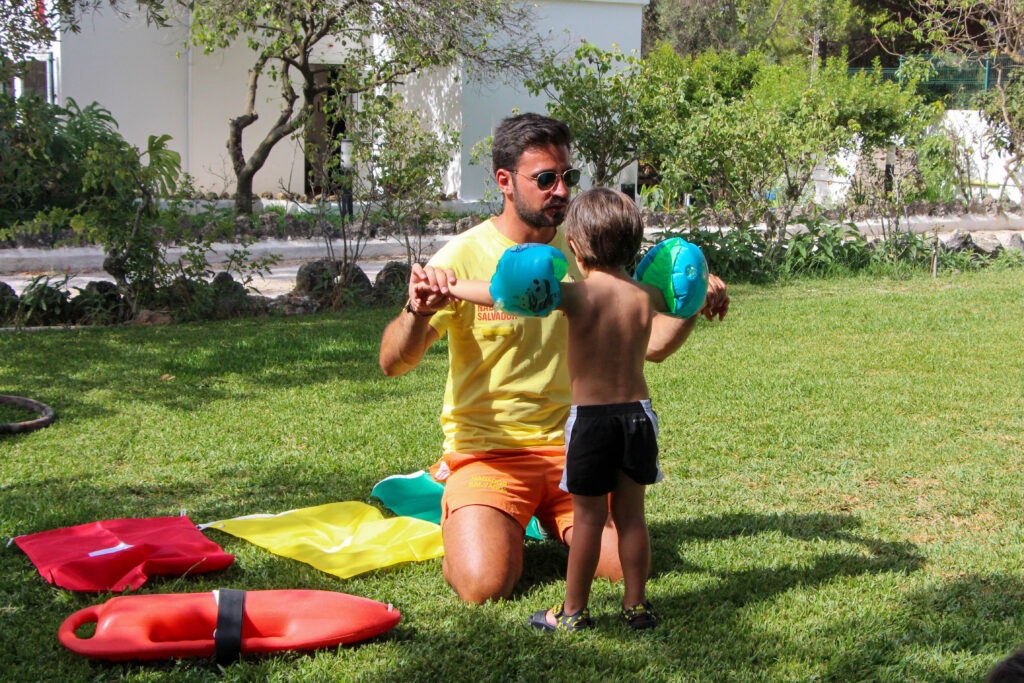
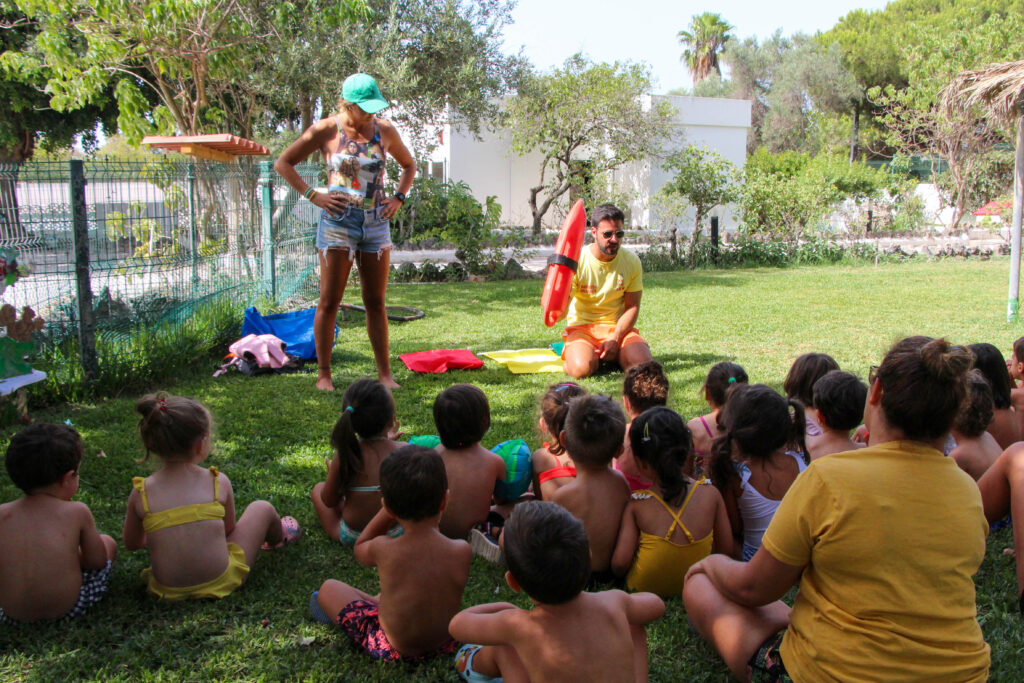
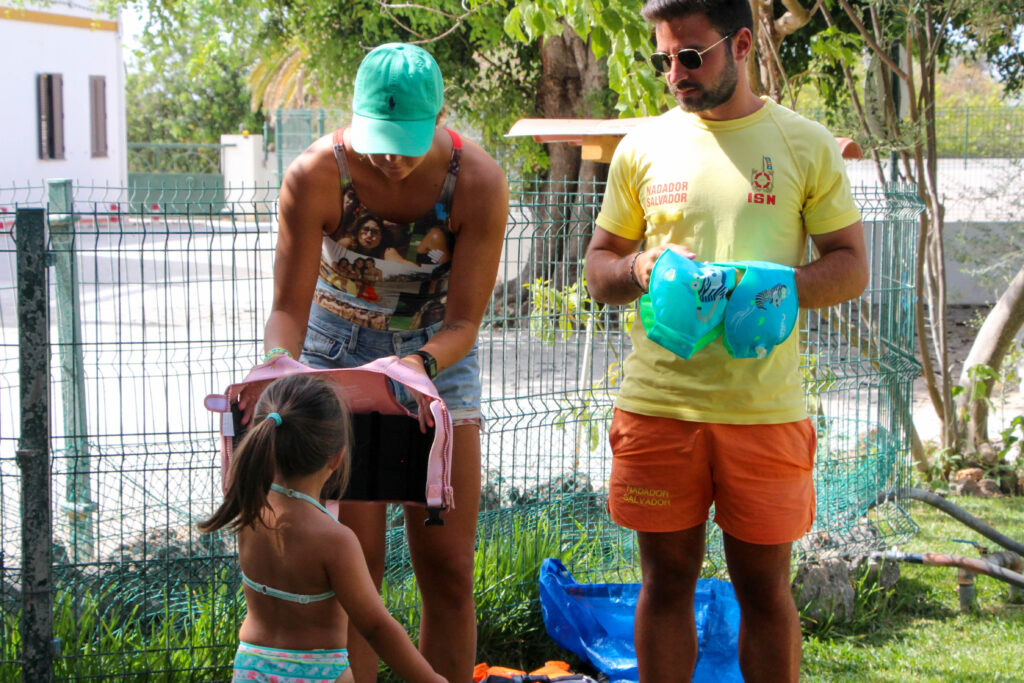
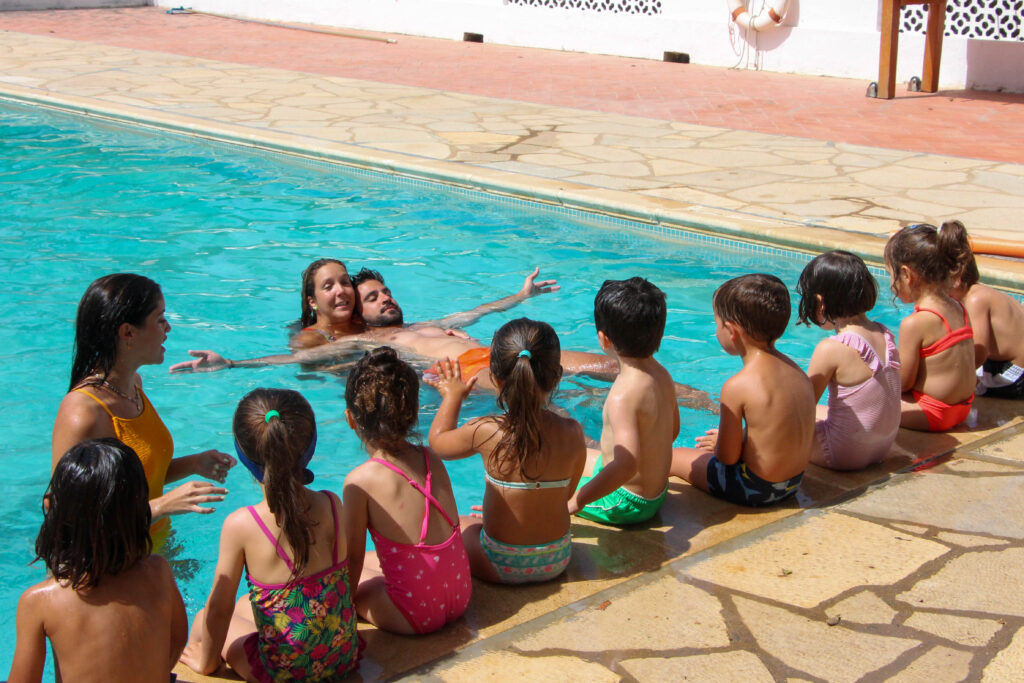

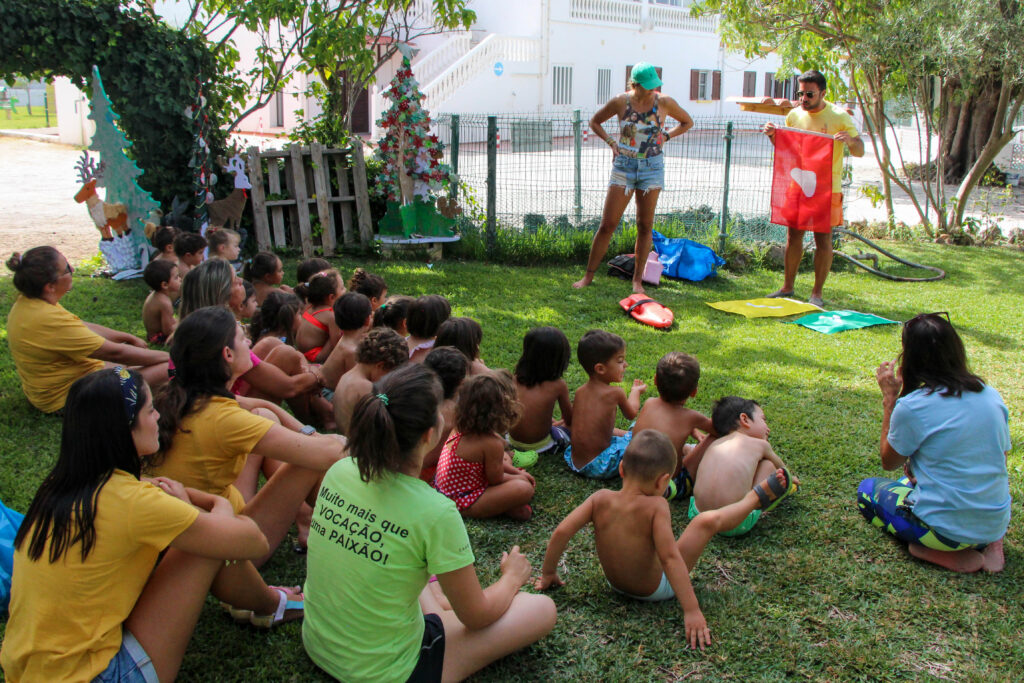
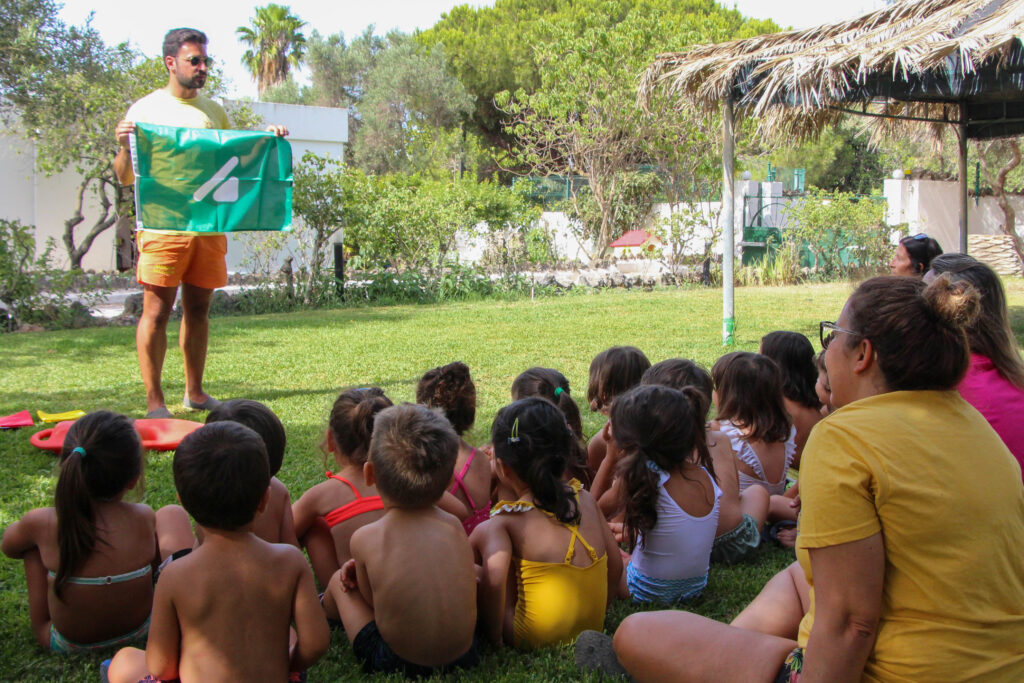
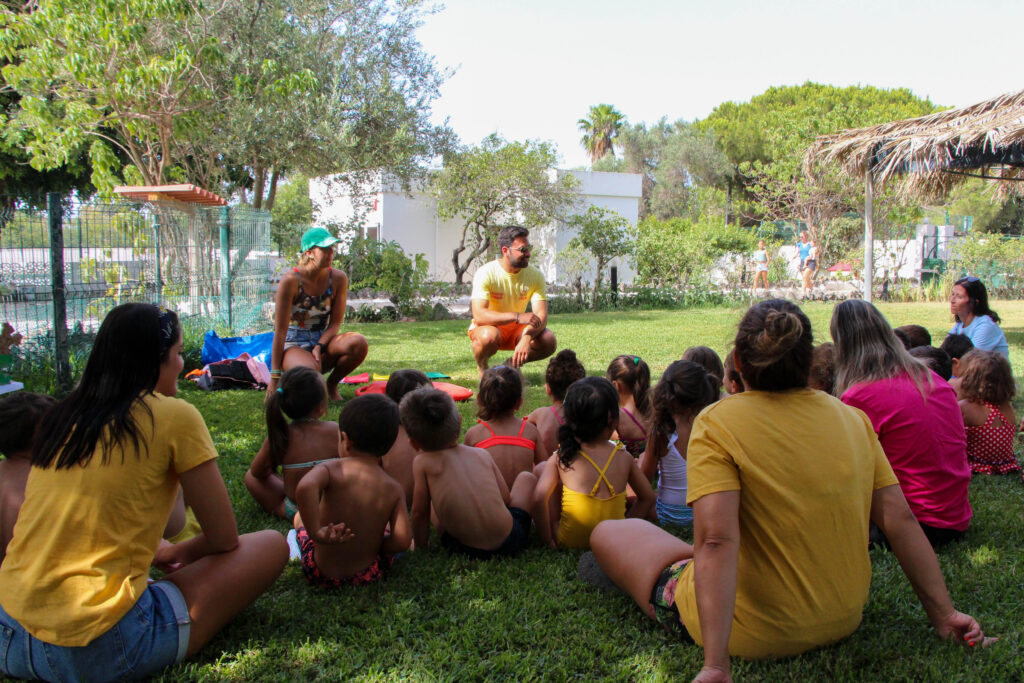

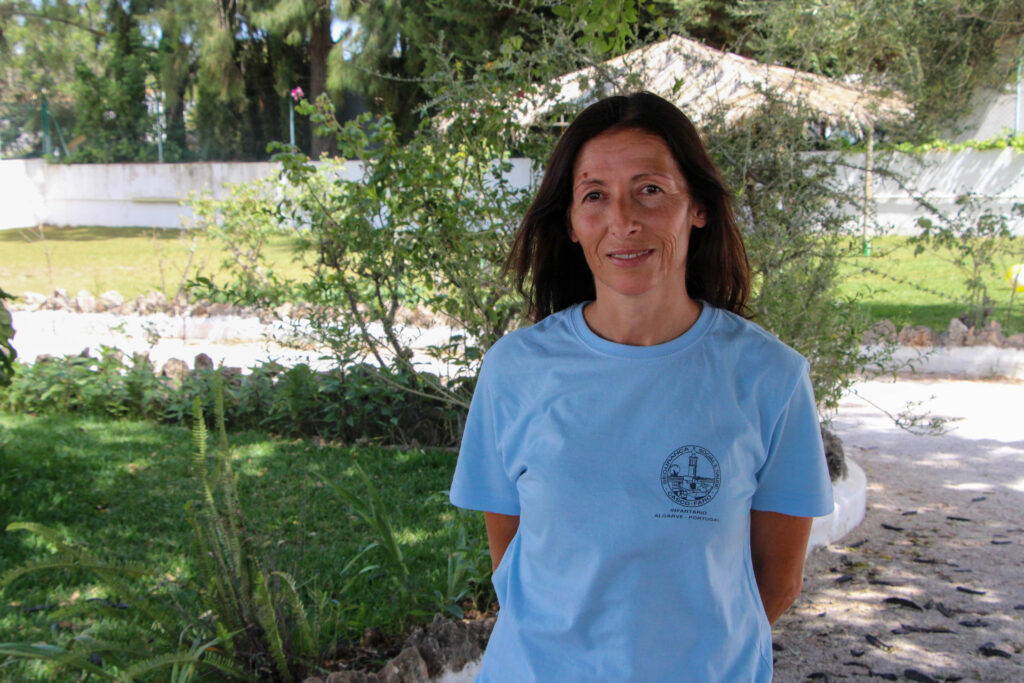
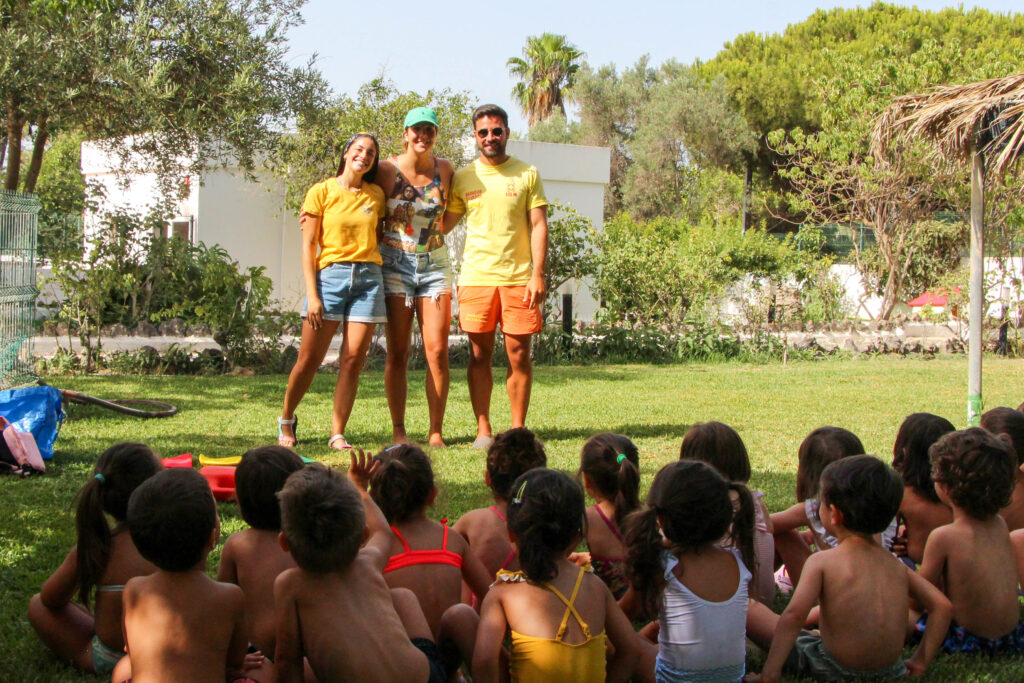



















Comments